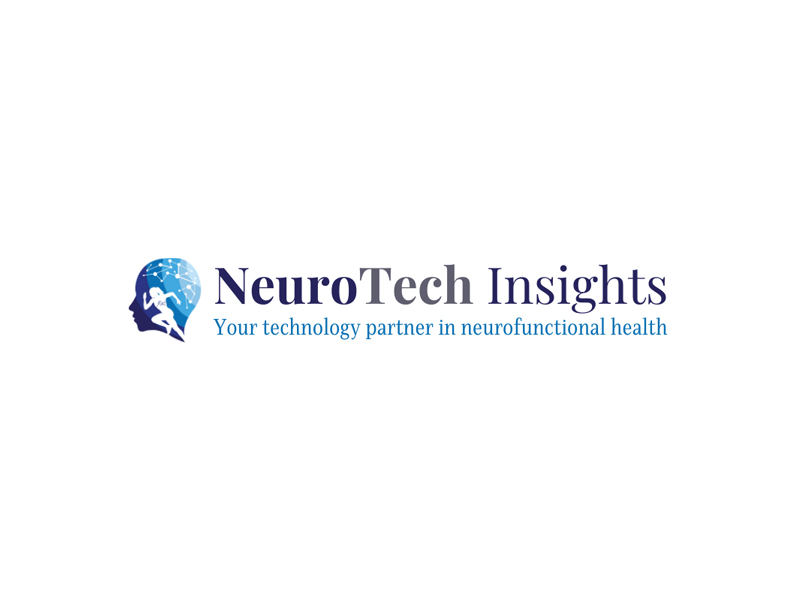SportGait, a leading innovator in prehabilitation, performance, and recovery solutions, has officially announced a merger with Branelie Health, Inc., operating as Heads Together Health (HTH), to form a whole new entity called NeuroTech Insights
According to certain reports, the stated merger is focused on advancing neurological care, by effectively combining both the companies’ technologies. to create a comprehensive platform for assessment, treatment, and recovery. More on that would reveal how NeuroTech is going to mark a landmark breakthrough in neurofunctional health through its cutting-edge, AI-driven approach towards prehabilitation and recovery.
Taking a deeper view of what can we expect from the new entity in question, we begin from its promise to provide accurate assessments. These assessments pack together an expansive ground, covering in the process BKGTM Gait Technology and CPT Cognitive Assessment for objective measurement.
Next up, there is infrastructure in place to support remote patient monitoring. NeuroTech will basically leverage a cutting-edge mobile app to facilitate remote patient assessments, treatment guidance, adherence reporting, and symptom tracking.
“This merger unites two organizations committed to improving lives through innovative neurological health solutions,” said Chris Newton, CEO of NeuroTech Insights. “Together, we’re redefining how neurofunctional conditions are managed, offering clinics and patients the tools to achieve better outcomes and faster recoveries.”
Another feature users can come expecting here is an intuitive clinician web portal, which can accommodate customized workflows to support objective clinical data capture components like baseline assessments, injury, symptoms, exam results, treatment planning, as well as integration with the EMR. Markedly enough, the stated portal also offers a patient recovery monitoring dashboard.
Expanding upon the facility of customized workflows, the newly-formed entity will also deliver at your disposal an assortment of personalized treatment recommendations. These are basically expert-guided evidence-based insights, with AI integration to complement them at every touchpoint.
Alongside the given recommendations, NeuroTech will also put on display wider AI-backed insights that plan on powering personalized, data-informed treatment plans, and at the same time, accelerate the development of biomarkers for other conditions. This they will likely achieve on the back of structured data and analysis.
“Our technology is built on the foundation of years of validated science,” said Kevin Carneiro, DO, Chief Scientific Officer. “From assessing concussions to identifying recovery phenotypes, NeuroTech Solutions equips providers with the tools they need to offer personalized, precise care that improves lives.”
Among other things, we ought to mention how the new entity has more than 150 million data points to bank upon and transform care delivery.
It must be acknowledged that the new integrated system is already operational in select clinics, where it has been receiving positive reviews for its ability to improve care standardization and efficiency, while simultaneously elevating patient experience.
Hold on, there is more, considering we still haven’t touched upon the fact that NeuroTech has also roped in former NFL players Luke Kuechly and Merril Hoge as Special Advisors, who are to bring their firsthand experience on brain health and concussion awareness.
“The most important aspect of neurofunctional condition management is care—comprehensive, structured care that ensures proper identification, evaluation, and recovery before return,” said Hoge. “If you execute those steps correctly, you create the safest environment possible—not just in sports, but in all aspects of life. Too often, the focus shifts to other areas, but at its core, it all comes back to care. That’s why NeuroTech Insights is so critical—it provides the most comprehensive solution by integrating advanced assessments, remote monitoring, and AI-driven treatment plans, ensuring every step of the recovery process is backed by science.”






